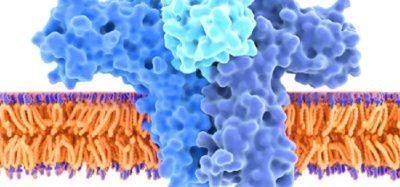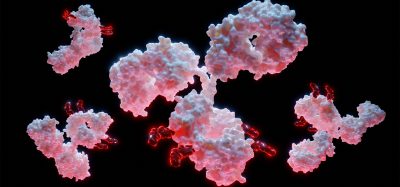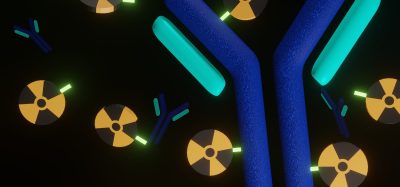Expert view: Engineered antibodies: semi-rational design approach for faster optimisation
Posted: 13 September 2019 | GenScript | No comments yet
A significant hurdle in optimising antibody therapeutics is the screening of successive rounds of large libraries of mutant variants in order to recognise the ideal candidate.
Here, we discuss how a semi-rational design approach can create diverse mutant libraries, significantly reducing the overall screening effort and leading to faster identification of the optimal drug candidate.
Antibody-based drug candidates require additional engineering to improve stability, solubility and target affinity, as well as decrease immunogenicity. To identify the ideal optimised drug candidate, antibody engineers use a technique called directed evolution that requires high-throughput approaches to create and screen a large library of mutant variants. Mutant libraries are generated in large scales using polymerase chain reaction (PCR), cloned into expression vectors and screened via phage or yeast display.
Recently, the introduction of synthetic biology (synbio) to directed evolution has provided means to improve identification of an optimal candidate. The building phase is often the most burdensome and is seen as a limitation, which deters progress. Directed evolution does not necessitate prior knowledge of the protein sequence or structure; however, the screening phase is time consuming and requires several iterations to fully optimise the protein. To expedite the screening phase, saturation mutagenesis, an approach that requires minimal information, enables the creation of smarter mutant libraries.
Typically, traditional methods for library construction, including error prone PCR or degenerate methods, suffer from limited control over codon usage and poor variant representation. This requires multiple rounds of screening to capture the entire variation of the library, whereas the semi-rational design approach necessitates a library protocol that offers precise control over the synthesised variants. With design control, a diverse and fully covered mutant library is achievable that ultimately saves valuable screening time and effort, speeds up the discovery workflow and reduces the overall cost of downstream expenses.
For more information, watch our video at www.youtube.com/watch?v=4EWbWRWxxbw
Related topics
Antibodies, Screening, Therapeutics
Related organisations
GenScript







